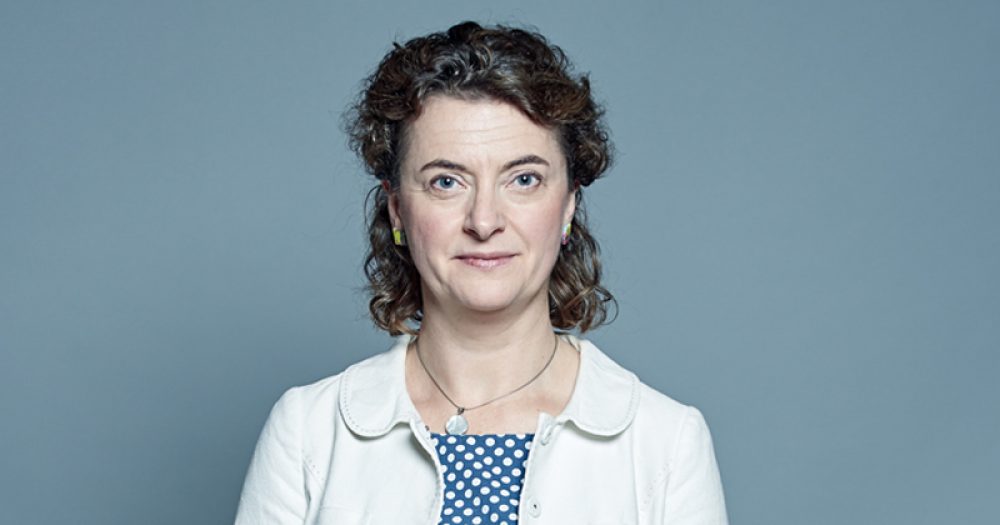The Department for Education has confirmed that Baroness Berridge will be the new minister for the school system.
While her responsibilities have yet to be published, she’s likely to take on many of those previously held by Lord Agnew, who was promoted to a job at the Cabinet Office and Treasury.
Here’s what we know …
1. She has been a Tory peer for nine years
Elizabeth Berridge became Baroness Berridge of The Vale of Catmose in 2011 when she was given a life peerage by David Cameron.
The Vale of Catmose is in Rutland.
2. She was state-educated
Unlike her predecessor Lord Agnew, who went to private schools, Baroness Berridge was educated in the state system.
According to her website, she attended Vale of Catmose College, a comprehensive school and then Rutland College, a sixth form college.
She then studied law at Emmanuel College, Cambridge.
3. She was a barrister in Manchester
Following her training at the Inns of Court School of Law in London, Berridge practised at Kings Chambers in Manchester, specialising in personal injury and licensing law.
4. She was previously a government whip
Berridge became a government whip in the House of Lords in July 2019, with responsibility for a number of areas including education.
The constitutional position saw her take an active role at the despatch box promoting and defending departmental policy.
5. She used to run the Conservative Christian Fellowship
In 2005, Berridge moved from Manchester to London and became executive director of the Conservative Christian Fellowship (CCF) – a position she held until 2011.
The membership organisation serves as a relational bridge between the Conservative Party and the Christian Community.
Berridge is also a founder of the International Panel of Parliamentarians, which works to combat religious persecution and advances freedom of religion and belief.
6. She’s a fan of faith schools
In a 2017 interview Berridge expressed her support for Anglican schools, however she admitted faith schools can be a divisive issue.
“I think, where there is a very large agreement in our society and that is why people in the UK think that Anglican schools are a good thing, because they educate and there is a Christian ethos, but it is very much about these young people to make their choices,” she wrote.
“Education is not about controlling them. It is a very difficult issue, it is a difficult balance, and sometimes it is one of those issues where the line can be very, very grey, but when you have passed the line, you look back and you can see that the line was right there.”
7. She has lived in the Caribbean and Africa
The Baroness has lived in Trinidad and Tobago and Ghana.
According to her website, Berridge maintains a special friendship with British African Caribbean and British African Church leaders.
8. She is interested in social mobility
Berridge is a member of the Lords’ select committee on social mobility, which was appointed to consider social mobility in the transition from school to work for 14 to 24-year-olds.
In a recent speech in the House of Lords she defended government policy in this area, saying: “We are committed to ensuring that every child has fair access to a good school place and the school admissions code allows admission authorities to prioritise disadvantaged children.”








Perhaps the Baroness will reflect on how the free schools programme resulted in the closure of her previous school, Rutland College, Oakham. The sixth-form, an annex of Casterton College (11-16) near Stamford, offered both vocational and academic courses. In 2018, it was forced to close after a free school sixth-form offering only academic courses was opened. https://www.localschoolsnetwork.org.uk/2018/03/rutland-free-school-actually-reduces-parental-choice